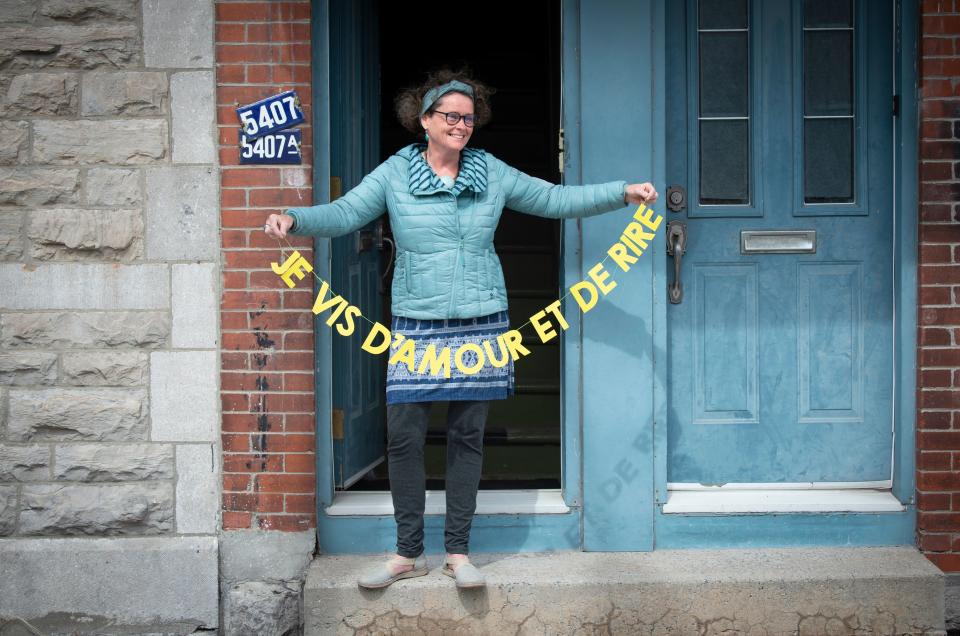Quebec residents show lowest mental health impact from COVID-19

When it comes to staying positive in the face of a global health crisis, it seems Canadians, particularly Quebecers, are faring better than elsewhere in the world. An international study conducted by the Université de Sherbrooke found that overall, people in Quebec were suffering less widespread pandemic-related anxiety and depression than the rest of Canada and the U.S.
The study was conducted between May 29 to June 12, 2020, when a research team surveyed 7,791 people in seven countries and regions: Canada, the United States, England, Switzerland, Hong Kong, the Philippines and New Zealand. Participants included 1,501 people from Canada and 435 from Quebec.
The research found psychological health seems to have recovered slightly since the first COVID-19 wave in April, though current levels of depression in Canada are three times higher than before the pandemic was declared. That number is about the same level of depression and anxiety observed in Fort McMurray half a year after the wildfires of 2016.
In the U.S., depression levels are four times higher. The States also appeared to score highest out of all seven countries studied, with 31 per cent generalized anxiety and 28.2 per cent major depression. In Canada, those numbers were 19.6 per cent and 22.2 per cent respectively.
It’s interesting to note that despite Quebec having the highest numbers of COVID-19 cases and deaths out of all of Canada, the province ranked lowest for mental health issues in the study. Within Canada, Quebec’s anxiety rates showed 13.1 per cent, compared to Ontario’s at 23.4 per cent and 19.7 per cent for the rest of the country. Quebec’s depression levels were lowest in Canada: 17 per cent compared to 21.3 per cent nationally.
Preliminary data that came out in April found that the main triggers for psychological distress were related to the stigma of the illness and perception of the virus’ high threat to people and their families. While those stressors are still active, the additional challenges of isolation and financial hardship spurred by the pandemic are taking a toll, with some study participants noting an increased risk of generalized anxiety and depression by about 50 per cent.
Some other revealing facts from the study: Canadians who self-identified as having a high sense of coherence — the ability to understand an event, make sense of it and find solutions to cope — were three times less likely to experience physiological health issues.
“Beyond the adverse effects of the lockdown and financial hardship, our study suggests that confusion, mistrust and misinformation are detrimental to the psychological health of Canadians,” said Professor Mélissa Généreux, one of the study leads, in a release. “More than ever, we need access to accurate information. This information should not unnecessarily fuel our fears but rather help us understand the situation, make sense of it, and find available resources in order to adapt.”
One finding from Phase 1 of the study was that in Canada, the use of social media as a main source of information about the coronavirus is associated with an increased risk of generalized anxiety or major depression. Social media appears to have a similar effect on mental health as isolation and financial hardship.
It also found that few Canadians have a high level of trust in the media: 12.7 per cent compared to 22.3 per cent in the U.S. Instead, health and government experts are seen as more reliable sources by Canadians, whereas only 14.6 per cent felt that way in the U.S.

 Yahoo Sport
Yahoo Sport 








































